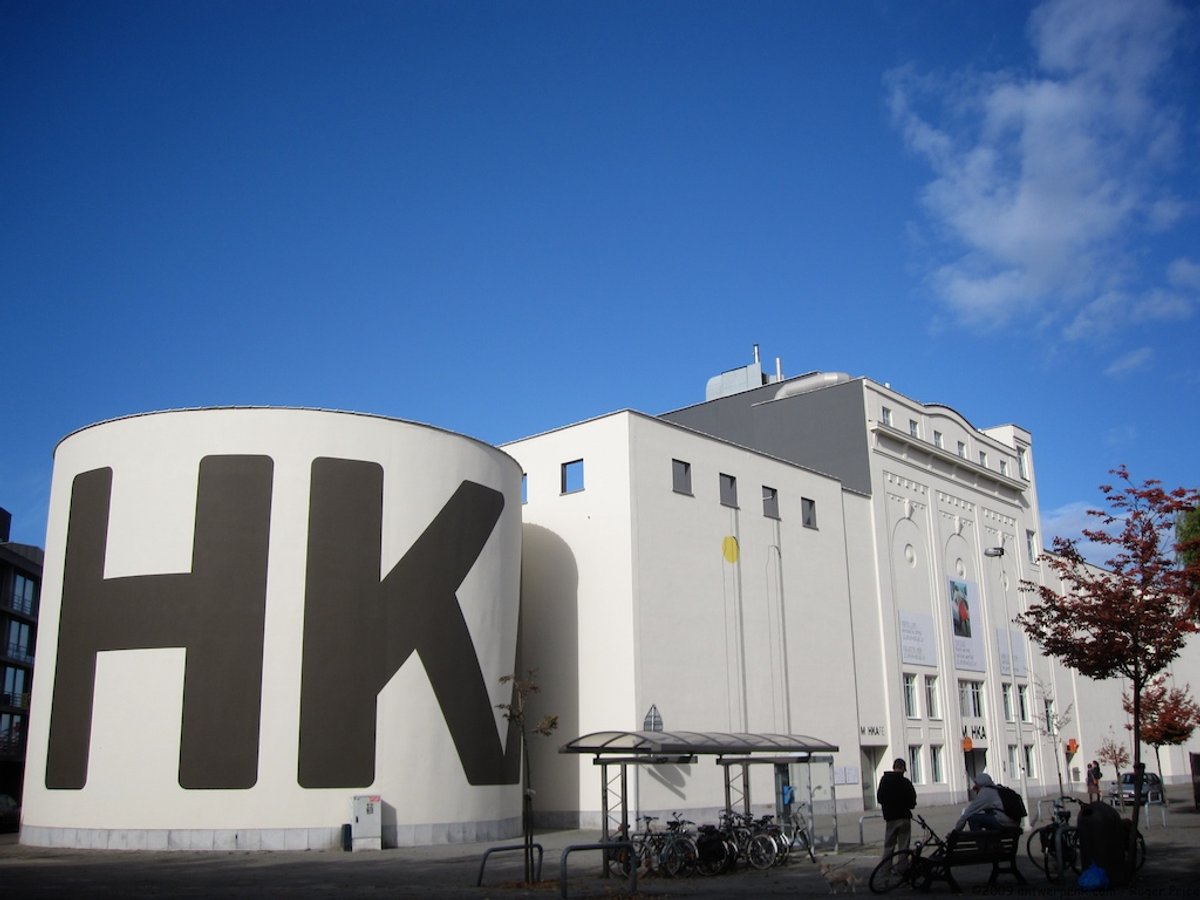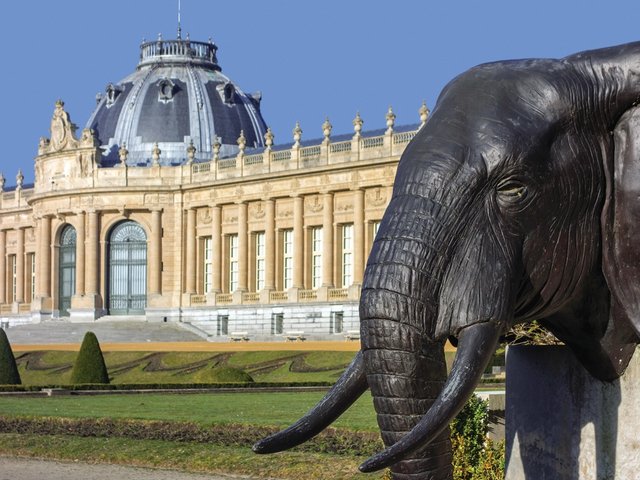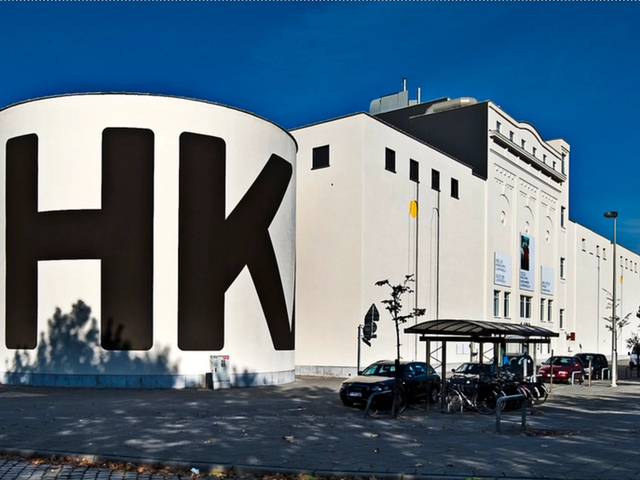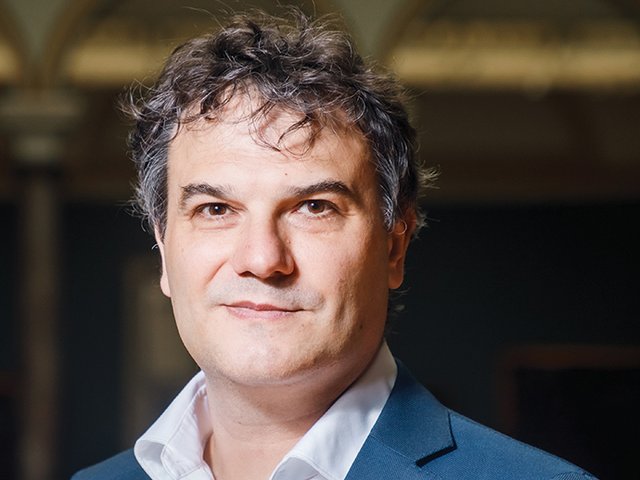In a surprise move, the Flemish government this week announced that it would dissolve the Museum of Contemporary Art Antwerp, known as M KHA, and move its collection to the contemporary art museum in Ghent. The stunning decision has rattled the European art world and protests and petitions are circulating in support of the Belgian museum.
M KHA, which is the oldest contemporary art museum in Belgium, is home to an 8,000 object collection and presents a mixture of single-artist surveys and group exhibitions. Under the new government plans, the museum will be repurposed as an arts centre, which will continue to host exhibitions, alongside studios and residencies.
“The very idea of stripping Antwerp of its museum and shipping its singular collection off to Ghent, to a museum with both a very strong identity and considerable infrastructural challenges of its own, just sounds… shambolic,” says Dieter Roelstraete, who was a curator at M KHA from 2003 until 2011. He describes the move as “ludicrous, short-sighted, and all too obviously politically motivated in ways we thought we had long outgrown”.
Last week M KHA received a ruling cancelling its planned new building, a €130 million project that had been in the works for nearly ten years. At that time, the culture minister Caroline Gennez affirmed that M HKA would continue to play a role in Belgium’s art landscape, and assured staff of job security, according to the Belga News Agency.
But days later the museum learned that its funding would be scrapped, and its collection integrated with that of Ghent's S.M.A.K. The two together would be known as the Flemish Museum of Contemporary and Current Art, and the merger would be due to finish by 2028.
M HKA was not informed of this decision ahead of time, the museum's long-time director Bart De Baere confirmed to The Art Newspaper.
M KHA is one of the most respected museums in Europe, where De Baere is a towering figure. He has played a prominent role in supporting museums across the continent through the network L’Internationale, which he co-founded in 2009, and was among the first European museum directors to globally broaden his institution’s programming and collecting.
“The imminent destruction of this legacy in the proposed dissolution of M HKA’s collection signals a defeat for more than thirty years of adventurous collecting and curating,” says Roelstraete.





